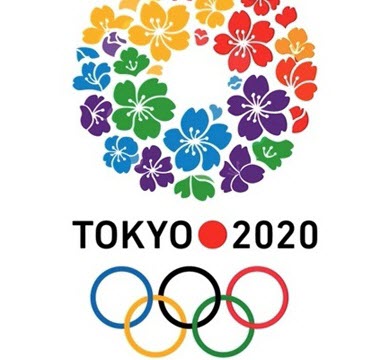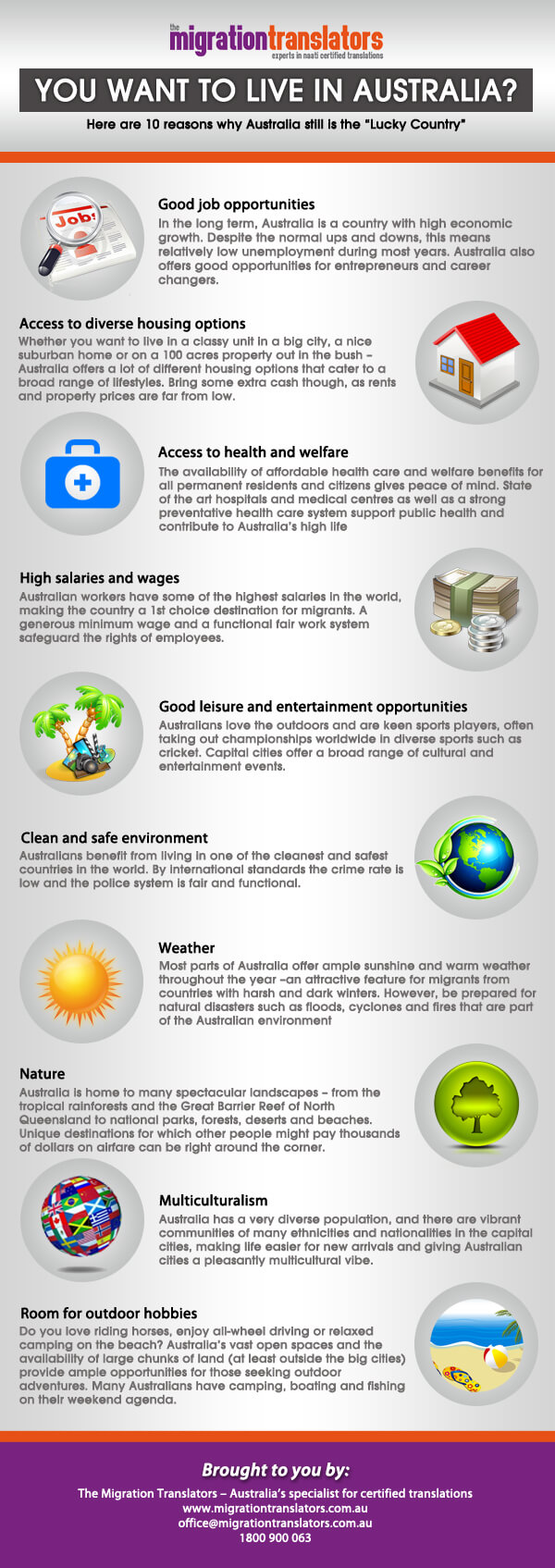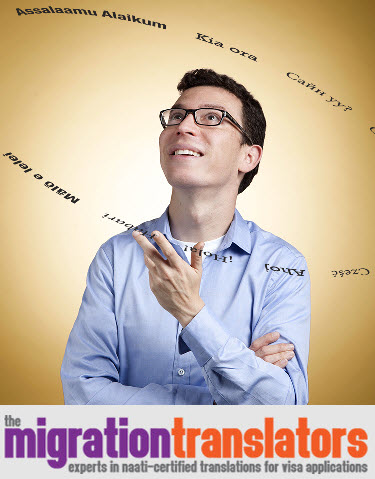Few companies around the world are unaware of just how important it is for their brand to be recognised on a global basis. Even if everything about a product has to be carefully translated and localised so that its qualities are appreciated, keeping that brand name instantly recognisable and appreciated is so important.
It doesn’t take too much effort to remind ourselves of successful global branding. Take Coca-Cola or Pepsi for instance. The brands are recognized right around the planet – even in the most remote spots and everyone knows that it means a fizzy, sweet drink. Global branding means that the product is often chosen by preference when having to make a choice between the brand and an unknown or untested brand that may actually be better.
While global brands are probably most familiar when they are attached to things that can be consumed, they are important with a very well-known type of product. Ask someone from South America or Central America what Toyota or Honda is and they will tell you, even if they are the only Japanese words they know!
One of the best things about a global brand is that it doesn’t have to be translated. The effort is getting your brand recognized globally – not changing it. This is where the quality of a good NAATI translator comes into play – it is the ability of the translation provider to convey your product in such a way that it will make your brand recognizable.
Occasionally, adopting a global brand doesn’t work and this may mean changing the brand name for a more suitable one. This usually happens by accident when the brand name means something totally different in the target language. It could have a funny connotation or be offensive or just faintly off-putting. Getting a translation service in Sydney or whichever city is most convenient that has real experience of the target culture should avoid these sorts of embarrassments for any new company wishing to expand globally and get exposure for its brand.











 Using translation to teach a language or learn a language is somewhat controversial. There are those educationists who are dead against it and prefer language to be learned in context and there are others who think that it is a useful activity. The world’s classrooms reflect this dichotomy of views, with a bias one way or another. The fact that most language learners go on to master a language, whichever technique they use, probably reflects the fact that the most important factor behind language learning is motivation, not technique.
Using translation to teach a language or learn a language is somewhat controversial. There are those educationists who are dead against it and prefer language to be learned in context and there are others who think that it is a useful activity. The world’s classrooms reflect this dichotomy of views, with a bias one way or another. The fact that most language learners go on to master a language, whichever technique they use, probably reflects the fact that the most important factor behind language learning is motivation, not technique.